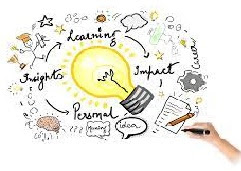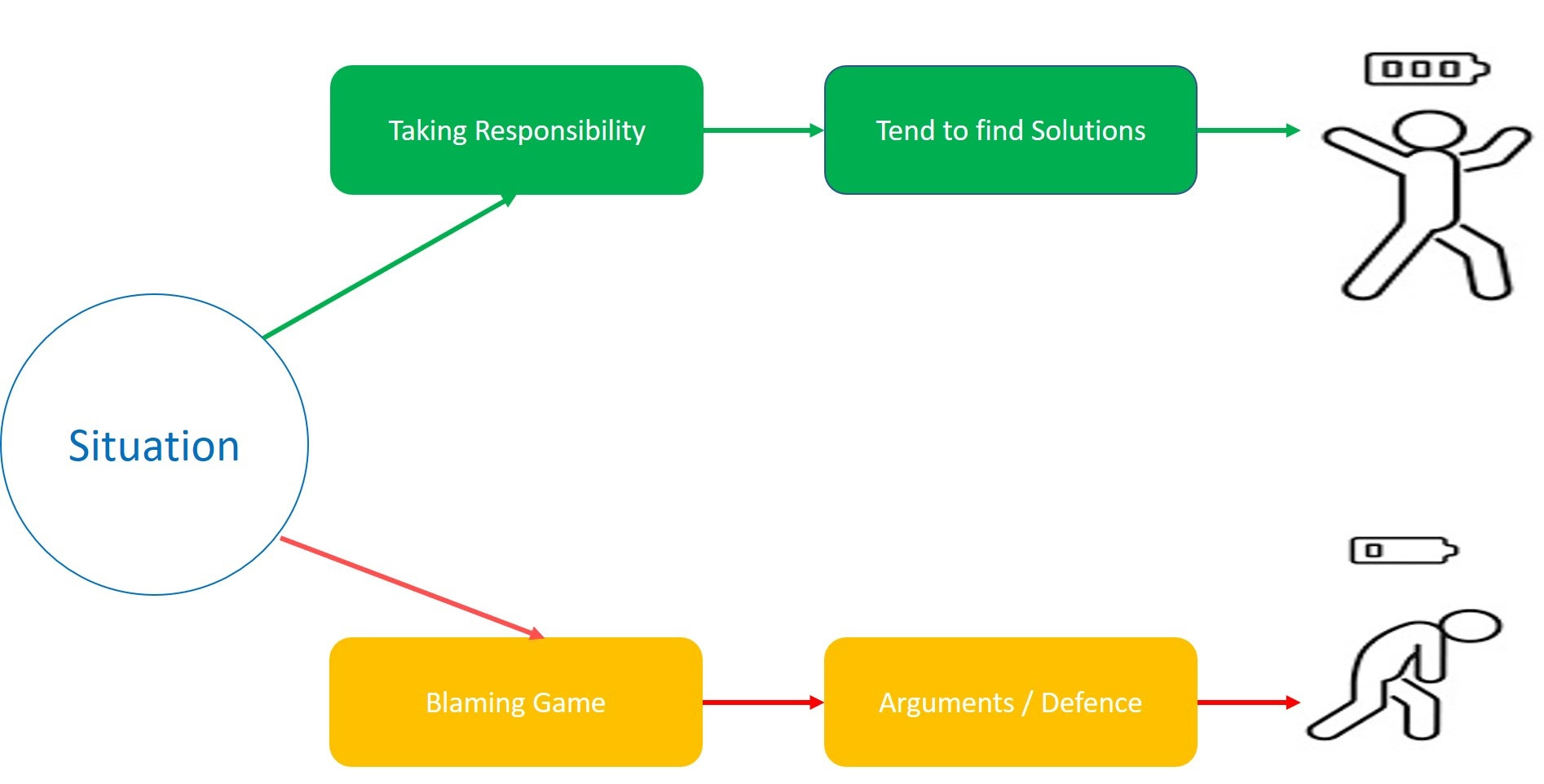Developing the art of Influencing

The next part of getting things done is learning the art of influencing others. The others could be direct reportees, peers, colleagues, and clients.
What is meant by influencing?
Influencing is persuading someone to think or accept our ideas or act the way we want.
It is based on the relationship's quality and respect rather than power or positional status.
Everyone needs this ability when dealing with others at home or in the external world.
God has given us this ability the moment we are born. By crying, the child signals the need for food or care; the mother responds. That is one form of influence, and when we grow, we use different techniques to sell ourselves to others in every moment. However, in some cases, we achieve what we want; in others, we do not.
When our circle of connection enlarges, complexity increases, and we need to learn the art of influence, particularly in the workplace as a professional.
Why influencing skills is essential for professionals?
- Commanding will no longer be effective in today's advancement in the information access environment. In the commanding era, people are looking for knowledge, but today Information or knowledge is available in plenty and quickly. What others want is wisdom or insights, or experience. By which only others are inspired with us. When the inspiration happens, it leads to ease of influence.
- When growing up in a career, you need to get things done from people beyond your functional boundary, and they need not oblige to meet your expectation unless you inspire them. When you are not inspiring, you can not influence.
- You might have seen many brilliant, hardworking, and sincere people stuck in their careers at some point in time. One of the reasons could be the lack of influencing skills despite their functional expertise.
In this influencing Series, let us learn the following in the coming weeks
*Framework of influencing
*Human principles and using them to influence
*Proven laws of persuasion and techniques
*Effective communication on improving influence
Have a great week ahead.


 )
)
 ).
).




